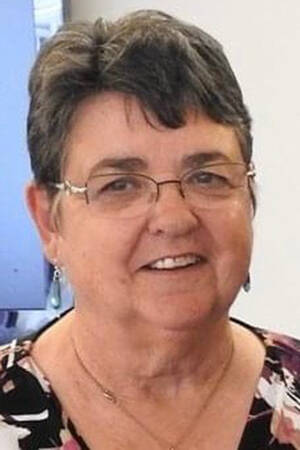By Brett Davis | The Center Square
(The Center Square) – Proposed legislation that would fund universal health care in Washington state via a payroll tax and an increase in the capital gains tax drew passionate support and criticism during public comment at Tuesday afternoon’s virtual meeting of the Universal Health Care Commission.
The commission – created by Senate Bill 5399 that was passed by the Legislature and signed into law by Gov. Jay Inslee in 2021 – is to aid in establishing a universal health care system in the state.
Legislation introduced this session in the form of Senate Bill 5335 would pay for the creation of “a single, primary nonprofit health financing entity called the Washington health trust” by imposing a 10.5% payroll tax on employers – 2% of which can be passed down to employees – and a 2% tax on self-employed people.
The bill would also add an 8.5% tax on capital gains or investment income of more than $15,000.
The current capital gains tax – upheld as constitutional by the state Supreme Court in a March 24 ruling – imposes a 7% tax on profits of more than $250,000 from the sale of some assets, such as stocks and bonds.
Backers argue the higher taxes would be offset by the fact people would no longer have to pay private health insurance premiums, co-pays, and deductibles.
The health trust would replace Apple Health – the name of Medicaid in Washington – and Medicare, while expanding coverage to include dental care, vision, reproductive health care, and most prescription drugs.
The system that would be set up by SB 5335 is meant to allow people to get health care without worrying about payment, which would be covered through taxation.
Universal health care proponents cheered the legislation.
“Our current health care system allows insurers to override the treatment decisions of our doctors to use denial of claims and raise premiums, all to boost their corporate profits at the expense of our welfare,” said Mike Benefiel of Bremerton. “This is monstrous. The whole modern world knows the solution – that we must get the for-profit insurers out of the system.”
Nancy Boespflug, who identified herself as a Democratic precinct committee officer out of Newcastle, said she has lived overseas in countries – including France and England – where a government-run health care system works for everyone.
“It appears to me you have all the information you could possible need,” she told the commission. “But what’s required now is the political will to champion it to the Legislature.”
The commission recently released a report on implementing universal health care that found a single-payer system in Washington would save about $2.5 billion annually.
Not everyone who testified bought into that.
“Our third-party payer system is a large part of our problem, separating patients from consumer knowledge,” said Elizabeth Hovde, director of the Center for Health Care at the Washington Policy Center, a free-market think tank. “Costs will continue to increase as long as someone else is paying the bills.”
She noted that solutions to the state’s health care challenges don’t have to be a binary choice between the current system and socialized medicine, adding that free market solutions should be considered.
At the meeting, it was revealed the Universal Health Care Commission has been asked by the Legislature to analyze the creation of the health trust per SB 5335 and produce a report on what it finds by June 30, 2024.
SB 5335 has not made it past the committee stage of the legislative process this session.





